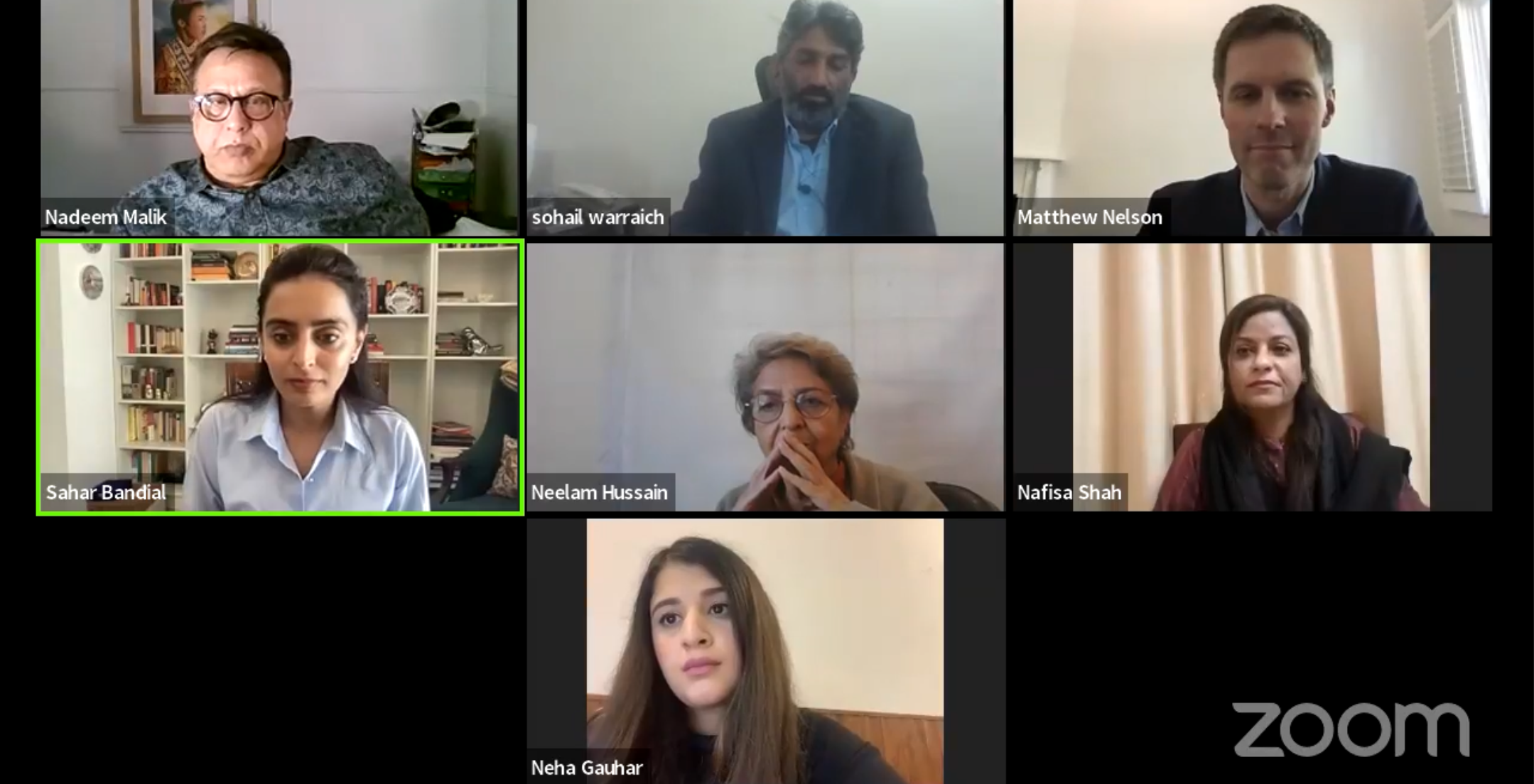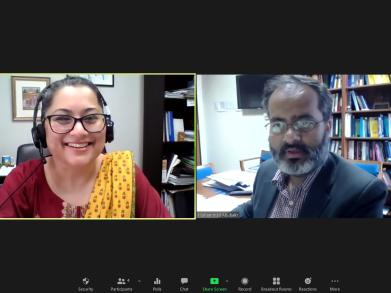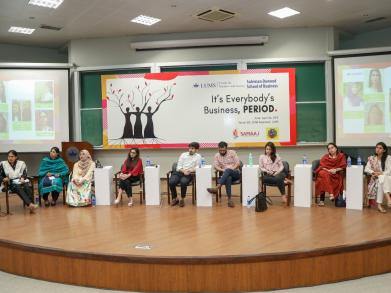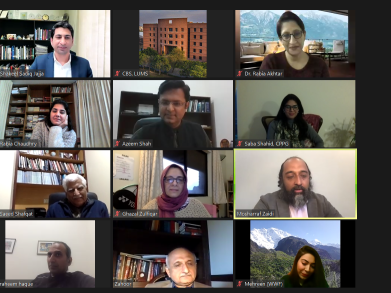Webinar
To commemorate the UN International Day of Social Justice (February 20), Centre for Business and Society in collaboration with Asia Institute, The University of Melbourne held a webinar on February 21, 2022 to discuss the grievously important issue of Honour Crimes in Pakistan. The virtual conversation was organized to dissect various reasons and causes; social, religious, cultural, political and economic in nature that lead to honour killings in the country. Statistics have shown that Pakistan has the highest number of honour crimes in the world. Such crimes are rooted in cultural patriarchy and lack of a robust justice system. Despite the Anti Honour Killing Bill which was introduced in 2016, little to nothing has been done to curb the crime.
In the light of recent events where Muhammad Waseem who confessed to the killing of Qandeel Baloch (his sister) in the name of honour, was acquitted after serving just 6 years of his sentence, it became imperative to discuss this issue and develop perspectives
The expert panel had representation from political, judicial and academic domains who have done exceptional work related to gender and society.
The session was moderated by Sahar Bandial (Advocate High Courts and Adjunct Faculty, Shaikh Ahmad Hassan School of Law) opened by Dr. Alnoor Bhimani (Honorary Dean, Suleman Dawood School of Business - LUMS) followed by an in depth discussion by our panelists:
1. Dr. Nadeem Malik (Director of Research, The University of Melbourne)
2. Dr. Nafisa Shah (MNA - Pakistan Peoples Party - PPP and Author of "Honour Unmasked: Gender Violence, Law and Power in Pakistan"
3. Neelam Hussain (Professor of Practice, SOAS University of London)
4. Neha Gauhar (PhD Candidate at Universiteit Leiden / Leiden University)
5. Sohail Warraich (Researcher, Writer, Trainer and Human Rights Activist)
The discussion revolved around various meanings of the term "honour", the amendments in the legal structure that have enabled and condoned the crime, the role of informal justice systems such as jirgas in the villages and how the gender and social fabric in the country puts women at a constant vulnerable position of abuse and harm.
Dr. Matthew Nelson (Associate Professor, Asia Institute) concluded the session by reflecting on how a more rigorous legal framework is needed to set precedents to curb the crime, consistent reinforcement and uprooting patriarchy is important in making societies a safer place for women.
















